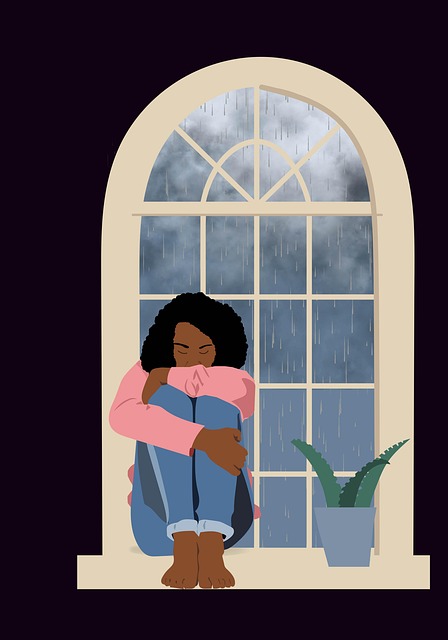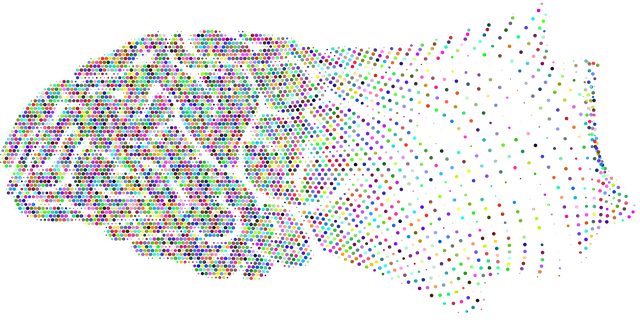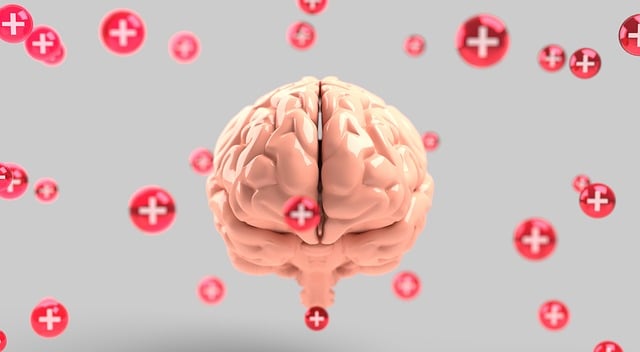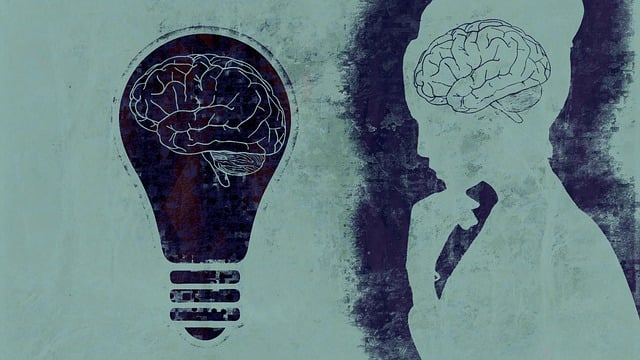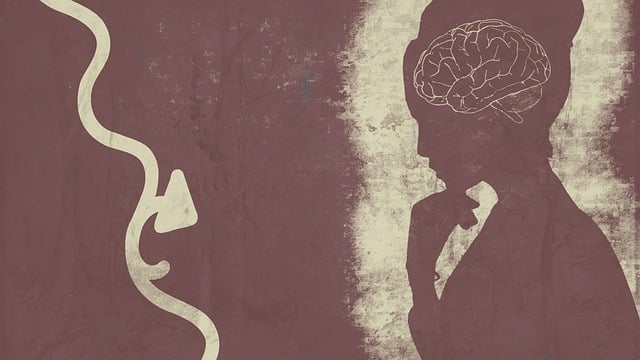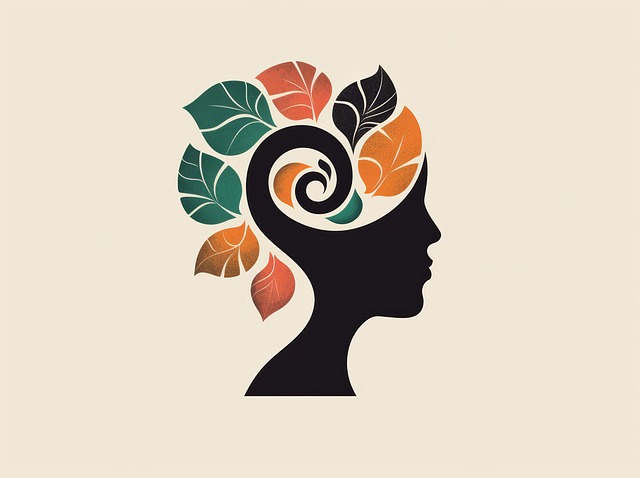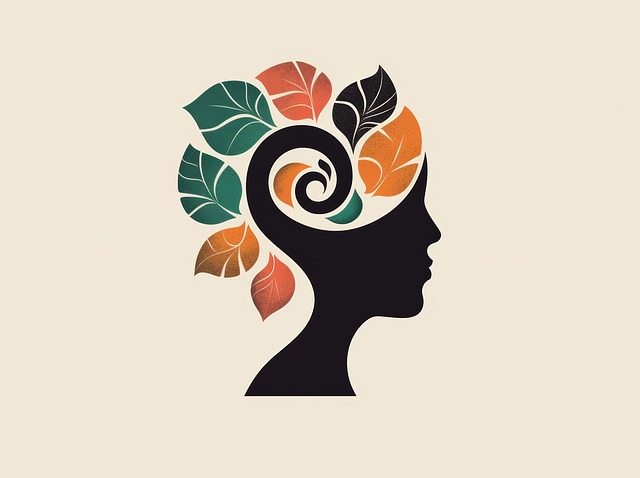Colorado Springs' diverse population and stunning landscapes present unique challenges and opportunities in mental healthcare, particularly for chronic pain therapy. To address these issues effectively, culturally sensitive practices must be incorporated into chronic pain therapy to reduce stigma and improve access to care. Inclusive mental health awareness campaigns tailored to specific cultural needs can significantly impact policy analysis and advocacy, enhancing overall community well-being in Colorado Springs chronic pain therapy. Dedicated training for healthcare providers and educational content like the Mental Wellness Podcast Series Production are crucial steps towards providing culturally competent care that resonates with diverse patient identities.
In the diverse community of Colorado Springs, cultural sensitivity in mental healthcare is paramount. This article delves into the intricate dynamics of providing culturally competent care, specifically within the context of chronic pain therapy. We explore how cultural diversity shapes experiences and challenges in healthcare settings, focusing on barriers faced by patients. Furthermore, we offer practical strategies to enhance patient outcomes in Colorado Springs chronic pain therapy by fostering culturally sensitive practices. Understanding these nuances is crucial for navigators of this complex landscape.
- Understanding Cultural Diversity in Colorado Springs: A Mental Healthcare Perspective
- Challenges and Barriers: Navigating Cultural Sensitivity in Chronic Pain Therapy
- Strategies for Culturally Competent Practice: Enhancing Care in Colorado Springs Chronic Pain Therapy
Understanding Cultural Diversity in Colorado Springs: A Mental Healthcare Perspective

Colorado Springs, a vibrant city known for its stunning landscapes and diverse population, presents unique challenges and opportunities in mental healthcare practice. Understanding cultural diversity is paramount when providing effective therapy, especially for issues like chronic pain, which can be influenced by cultural context. The city’s tapestry weaves together various ethnic groups, each bringing their own unique experiences, beliefs, and practices related to health and wellness. This cultural mosaic demands a nuanced approach to mental illness treatment.
In addressing mental health concerns, particularly among diverse communities in Colorado Springs, chronic pain therapy must consider the intersection of culture and mental illness stigma reduction efforts. By incorporating culturally sensitive practices, healthcare providers can foster trust and improve access to care. Mental health awareness campaigns that are inclusive and tailored to specific cultural needs can significantly impact improving mental health policy analysis and advocacy, ultimately enhancing overall community well-being.
Challenges and Barriers: Navigating Cultural Sensitivity in Chronic Pain Therapy

Navigating cultural sensitivity in chronic pain therapy presents unique challenges for healthcare providers in Colorado Springs and beyond. With a growing diverse patient population, understanding cultural contexts is essential to delivering effective care. Barriers often arise from miscommunication due to language differences or unawareness of specific cultural beliefs and practices related to health and pain management. For instance, some cultures may emphasize holistic approaches, incorporating traditional healing methods alongside Western medicine.
Addressing these challenges requires dedicated Healthcare Provider Cultural Competency Training. Such training equips professionals with the skills to adapt their practice, ensuring patients from various backgrounds feel heard and respected. Additionally, initiatives like Mental Wellness Podcast Series Production can play a role by offering educational content that promotes emotional well-being promotion techniques tailored to diverse cultural needs.
Strategies for Culturally Competent Practice: Enhancing Care in Colorado Springs Chronic Pain Therapy

In Colorado Springs Chronic Pain Therapy, culturally competent practice strategies are essential for enhancing care and improving patient outcomes. The first step involves actively listening to and understanding patients’ cultural backgrounds, beliefs, and preferences. Healthcare providers should create a safe and non-judgmental environment where patients feel comfortable sharing their unique perspectives, which can offer valuable insights into their pain management. By incorporating these cultural nuances, therapists can tailor treatment plans that resonate with each patient’s identity.
Additionally, integrating social skills training and burnout prevention techniques within the therapy setting can further enrich the cultural sensitivity of Colorado Springs Chronic Pain Therapy. These approaches foster open communication, empathy, and resilience, enabling therapists to build stronger connections with diverse patient populations. Promoting mental wellness through culturally responsive practices not only benefits individual patients but also contributes to a more inclusive and effective healthcare system in Colorado Springs.
In addressing the mental healthcare needs of Colorado Springs, particularly within the context of chronic pain therapy, cultural sensitivity is paramount. The challenges faced by diverse communities in navigating healthcare systems demand tailored, culturally competent approaches. By recognizing and understanding these differences, practitioners can significantly enhance patient outcomes in Colorado Springs chronic pain therapy. Strategies such as incorporating cultural perspectives into treatment plans, ensuring language accessibility, and fostering inclusive environments create a more welcoming and effective care system for all residents.
